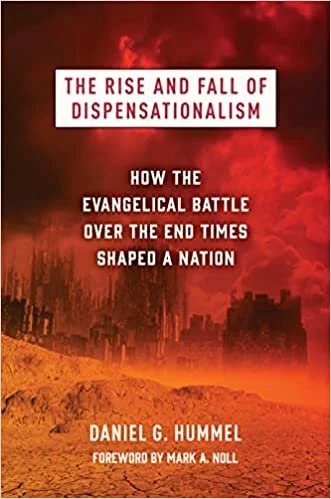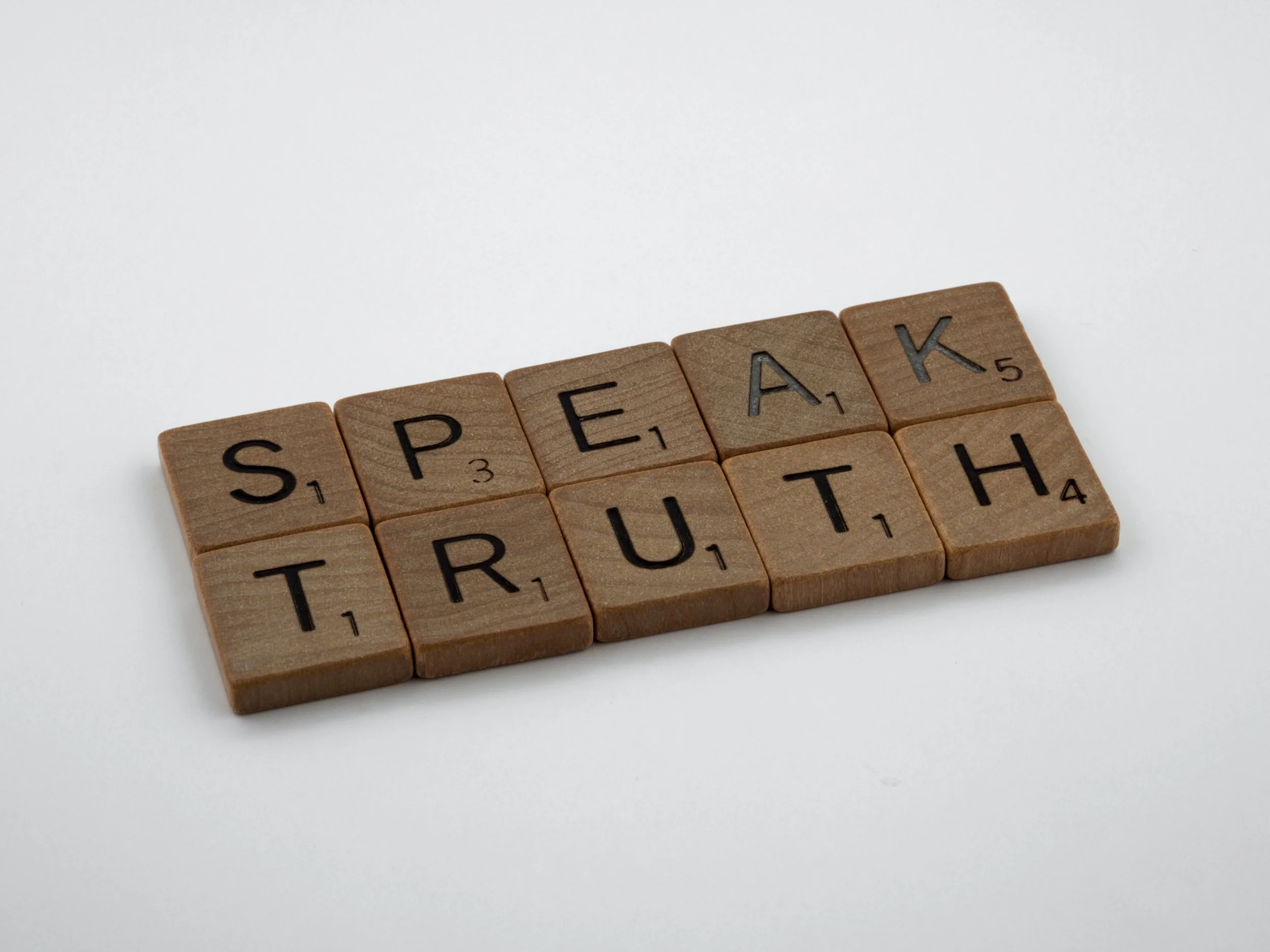
Only Visiting
This Planet
A blog from Robert J. Mayer
Last night, I read a recent Christianity Today article about the growth of medically assisted suicide in Canada, where it has been legal nationwide since 2016. (Several U.S. states including Oregon and California also have laws permitting medically assisted suicide. In our postmodern world, suffering of any kind is taboo.
When a friend texted me last week and suggested that I watch the new documentary about the Duggar family, Shiny Happy People, I thought it was worth a look. I had heard of the Duggar family but like all reality TV, I ignored them. I may have seen them once or twice on The Today Show but a story about a family with 19 kids struck me as unrealistic at best and bizarre at worst.
Like so many, I’ve thought much about the death of Tim Keller this week. When he was diagnosed with pancreatic cancer in 2020, many of us who benefited from his ministry and his published works knew that he faced a serious life-threatening challenge. Yet, when we heard the news of his death last Friday, it was still a shock. For many, myself included, Keller was the most important Christian apologist of our day.
A quarter century ago, former Arkansas governor Mike Huckaby wrote a book titled, Character is the Issue: How People With Integrity Can Revolutionize America (B&H, 1997). I think the book is accidentally prophetic in ways that the author never intended.
I’m not here to rehearse the biblical, theological, historical, and cultural arguments about abortion. Many others have done that far better than myself. The matter that is now front-and-center for Christians like myself is how we follow Christ in a post-Roe context?
In response to our Christmas letter to family and friends, we received a rather curious response from someone who accused us of living in fear because we take the necessary precautions regarding Covid-19. The person told us to start watching vvarious far-right media sources if we wanted to know what was right about Covid-19, and also indicated that “freedom and not safety” should guide our lives. We chose to respond with what we hope was kindness and grace while at the same time offering a clear understanding based on actual medical evidence and not political propaganda. A number of friends have told me of their frustration with vaccine deniers among their family and friends. And one Tennessee megachurch pastor told his congregation that anyone who wanted to wear a mask or who had been vaccinated was not welcome in his church. Sadly, he’s not the only one. So I share this letter with you in hopes that you might find it helpful in interacting with deniers.
With the new year at hand, permit me to share some of my best reads from 2021 with you. I don’t claim that these are the best books of the year, just that they are books that I particularly enjoyed and that I think you might as well. My reading focuses on three broad areas–history (especially Christian history), theology, and Christian formation. I need to read more novels and hopefully 2022 will be the year I get to some of those on my shelves. So here are my top eight for 2020-21, not in any particular order.
This year, I found a new biography that looks at MLKs life from a fresh perspective–that of Martin Luther King’s Christian faith and the philosophical and theological impulses that shaped his convictions and his work: Martin Luther King: A Religious Life by Paul Harvey. In this post, I explore a fascinating subnarrative, MLKs what ministry leadership lessons we can learn from his work.
Time for a quick breakfast. I flipped off the television and picked up the Charlotte Observer to scan the headlines. All of a sudden, Renee called me from I-77 telling me to turn on the TV because a plane had run into a building at the World Trade Center. I ran to the set and the first image was fire coming out of the north tower. Whatever hit it seemed to be big, and the anchors were speculating about what had happened. The early speculation was a plane had gone off course and accidentally hit the tower.
Then I saw it live. A passenger jet aiming for the second tower, and “Bam!” Fireballs explode. Siding shatters. Black smoke now pouring out of both towers. This was no accident. Something awful was happening. And we knew that the world had changed in front of our very eyes. I called my mother in New Mexico and told her to turn on the television immediately. Then I realized that I had to get to work because our agenda for the office dramatically changed.
Earlier today, my friends and colleagues at Gordon-Conwell hosted a retirement luncheon in my honor. It is hard to believe that this was the culmination of 15 years as editor of the Advent Christian Witness followed by 24 years as the Library Director at Gordon-Conwell. Below, I want to share my own reflections which I shared with those assembled at the close of the event. I share them in gratefulness to the Triune God for his providence and care for me over these past many years. I’m not done yet. There is more to do. But this represents the transition to the next stage in my journey of faith. Many of you have shared this with me and I am grateful to you.
I'm fascinated by things about which I have changed my mind. I bet you've heard politicians and others brag about how they have never changed their minds. Changing your mind about something now is much harder than it was 50 years ago simply because all of us are bombarded with so much information that we have little time for disciplined thinking about things that matter.
“Eugene Peterson believed translation is a kind of ‘lectio divina–more than only getting the words right, there is spirit, the vibrancy of the text, the livingness of the message.’ The Bible was not a dead book. It was vibrantly alive” (218). What Peterson was trying to do was paraphrase the biblical text into idioms common to the folks who worshipped at the congregation he served in the Baltimore suburbs and even more to working-class folks like his father, a butcher, and the people he grew up around in Kalispell, Montana.
We don’t hear much about heroes today. Perhaps folks are too jaded and cynical to think that there are public figures worthy of our admiration for their character, their accomplishments, and for their contributions to humanity. Heroes are those who step up to challenges. They don’t back down in the face of struggle or difficulty. They inspire others. They do the right thing even when it costs something. They are folks who are not so much “me” centered as they are “we” centered. They are people who give us something to aspire to; folks whom you want your kids to admire and emulate.
Last week, new survey data indicated that only 47% of Americans are connected to a church, synagogue, or mosque; a dramatic drop over the past 20 years. Lots of pundits are worried about that. I'm not and you can read why here.
Context; Context; Context. Robert Mayer reflects on how important Bible reading has been in his long journey of Christian faith and suggests how some key ideas for reading the Bible well helps us learn to better follow Jesus in a complex world.
The Insurrection of January 6 brought shock to our country like we have not seen since 9/11 when planes crashed into the World Trade Center and the Pentagon. Many of us watched in horror as armed militias stormed our American Capitol building shouting death threats at Vice-president Mike Pence and Speaker of the House Nancy Pelosi. I’m convinced that with another few minutes, they…
These last three weeks have felt like a California tule fog. We are forced to drive blind without any sense of where we are, where we are going, and what the path ahead looks like. We are disoriented and unable to get our bearings. All around us we find sickness, death, job loss, and we wonder if we’re next. It is easy to wonder where God is in all of this.
“Left Behind.” That term was used in the Tim LaHaye/Jerry Jenkins books described as The Left Behind Series published in the first decade of the 21st century. The phrase refers to those who remain on earth to face God’s judgment after the “rapture” of the church which many evangelical Christians find in Paul’s first letter to the church at Thessalonica (4:13-18).
Thirty years ago, Hurricane Hugo unexpectedly roared into Charlotte, and with it a number of things we assumed were true were turned on their ears.
Two times in my adult life, I have experienced dramatic change in how I understood and practiced Christian faith. The first occurred in my early twenties with a transition away from a more emotionally based faith…
This past Sunday, the congregation where I worship, Calvary Church in Charlotte, NC, started their week-long annual missions conference. For me, this is the highlight of the year in terms of Sunday-morning worship.
We’re just through the Christmas season (and our fellow Anglican and Orthodox Christians celebrate a bit longer than the rest of us do). Winter break is over for schools. Most of us are trying to get back to normal and deal with holiday debt. Congregations begin to look ahead to Easter, which comes a bit later on the calendar this year.
Last summer, the murder of eleven Jewish people while at worship in a Pittsburgh synagogue stunned so many of us, not just because it represented an assault on religious freedom in the United States, but because it served as an ugly reminder that Antisemitism still lurks in the shadows of American life. In the last ten years, we have seen horrible Antisemitism manifested in Europe and the Middle East, but beginning with Charlottesville and the alt-right “tiki-torch” march through the campus of the University of Virginia in the summer of 2017 we were shocked to see it expressed in such hateful ways in our own country.
As I was getting ready for commencement, I watched another ceremony that captured much of the world’s attention—the royal wedding of Prince Harry and Megan Markle. Nobody does ceremonies like the British Royals. And this one mixed hundreds of years of tradition with icons of popular culture. As the ceremony progressed, cameras panned across a crowd that featured a who’s who of world famous celebrities.
But what grabbed my attention was the sermon.





























I’m one of those folks whom if you invite me to your home or office, the first thing I notice is your library and the books you have on it. So let me share with you the books that have shaped my thinking about faith and about life, and hopefully you will find some insight into what I think and what I value.